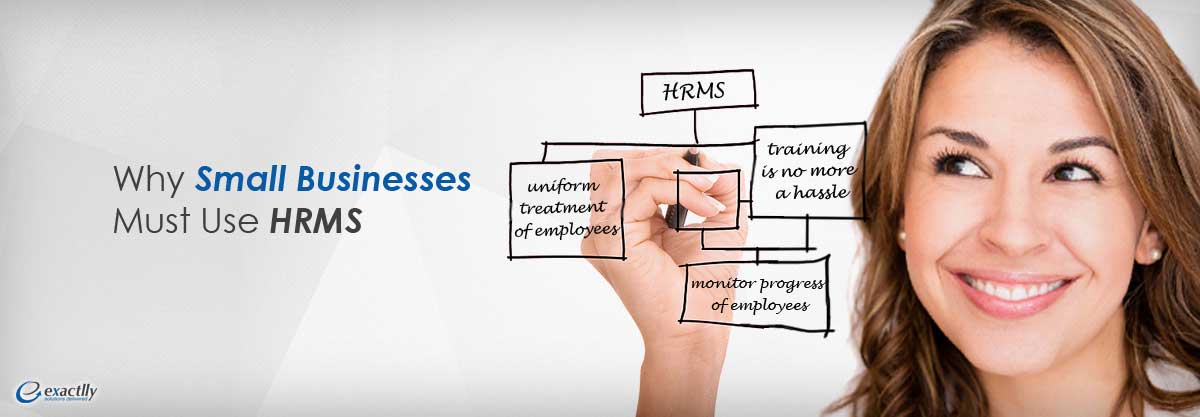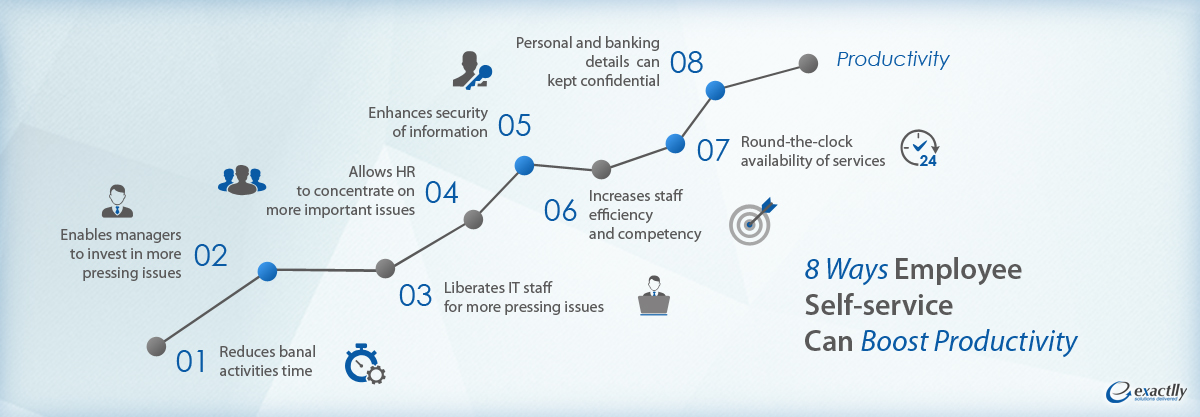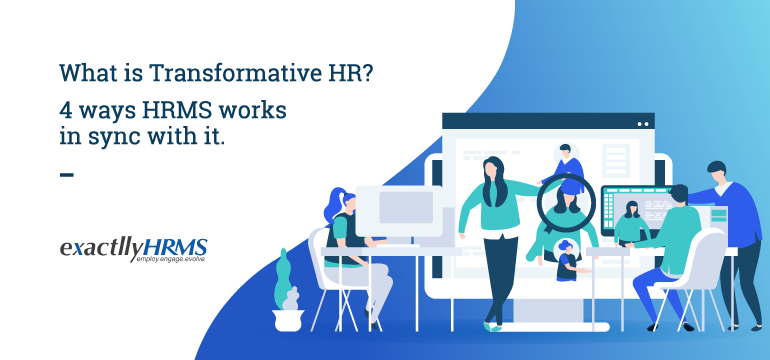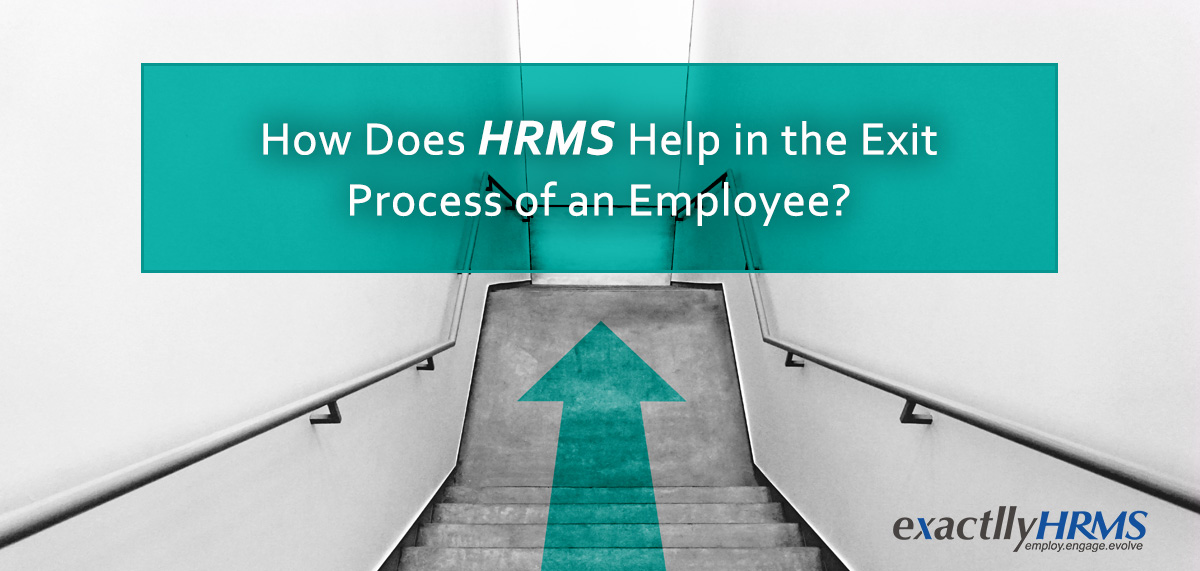Why Small Businesses Must Use HRMS

Small BusinessesSmall businesses typically employ 100 or less people. Sometimes, they may even have just a few employees in the office and the rest may be contractual workers.
In such a scenario, is it really necessary to invest in an HRMS? Isn’t it possible to manually streamline all human resources-related tasks without having to invest in an HRMS tool? Why must a company invest in a tool, instead of hiring an HR manager who might just as well do everything that a software program could possibly do? These and other questions often stop small business owners from buying an HRMS. And they are making a mistake.
Smaller Companies must look towards Future and Growth:
An HRMS is not designed only to serve the purpose of medium and large companies with hundreds of employees. It can very well be used by smaller ones as well. An HRMS is a tool that is designed to make a company leaner, smarter and more efficient without adding burden to the HR department, as a company grows.
When we speak about HRMS, we must also look at the future of a company, which invariably involves growing larger and more successful. When you install an HRMS it helps your company to become future-proof, when it comes to handling human resource functions as you grow as a company.
HRMS helps Small Businesses to become leaner and more Productive:
HR software programs come with cutting-edge technology that makes running human resource-related tasks user-friendly. They are also designed in such a manner that employees with even the most basic technical know-how can quickly begin to operate the software. Just because a business is small does not mean it will not have to hire, select and manage its employees.
In order to streamline all these functions, an effective HRMS is very crucial. Companies as small as 10-15 employees have begun to use HRM programs and have seen measurable improvements in the way they conduct their businesses. In other words, HRMS tools have helped even the smallest companies to lunge forward and make use of the extra time and efficiency available to them, for better purposes.
Smaller organizations benefit from HRMS programs more than they might expect, as they make them leaner and more efficient. This leads to powerful but small entities that are equipped to take the world head-on, a quality that is often not within the reach of larger and chaotic companies.
In this article, we shall discuss specific reasons why an HRMS can help prove invaluable to small companies and organizations.
-
HRMS tools Ensure Uniform Treatment of Employees –
In small companies, employees are often compelled to compete with their colleagues in an unhealthy way in order to attract the attention of their superiors. Moreover, employees may sometimes feel they are being treated unfairly, if one gets paid earlier than the other or if one’s leave sanction is passed and the other’s is not. In order to maintain uniformity and to avoid inconsistencies in the treatment of employees, HRMS can be used. Though these problems are not endemic to small organizations and can be found in larger businesses as well, smaller companies are often prone to inconsistencies in employee treatment.
-
Small Businesses are not always more Efficient than Large Businesses –
In smaller companies, one may assume that information is readily available. Unfortunately, when there is no HRMS installed, an HR professional may find it overwhelming to retrieve data manually when an employee wants to know something. When an HRMS is installed, employees can access their information immediately and make changes, when required. Employee self-service saves the HR manager from a lot of work and can concentrate on more important tasks. In fact, the smaller the organization is, the more responsibilities an HR manager will have to juggle if he/she doesn’t have an HRMS to rely upon.
-
Employees like to Contact their Superiors minus Bureaucracy –
When employees need to contact their superiors, they often find it to be a daunting task. This is especially true of places like Dubai and Singapore, where there is a strict sense of hierarchy in small companies. Employees at a lower rung find it intimidating and even rude to approach their superior. In small businesses, contacting one’s supervisors repeatedly for small tasks may be seen as tiresome. An HRMS tool provides the necessary professionalism and discrete communication, which are favoured by both employees and managers.
-
Managers Can Monitor the Progress of Employees –
In a small organization or business, there is a tendency to either overlook progress or monitor so keenly that it comes across as intrusive. An HRMS tool brings in a structured and methodological approach to monitor the progress of employees. Managers will not have to personally oversee what each employee is doing and how they have performed. An HRMS tool will do that in a structured manner and present analytics that can be measured and evaluated.
-
Managers can provide Discrete Communication and Appraisals –
In small organizations, employees often feel insecure about how their information is being used. Appraisals, both negative and positive, can spread like rumours. This is mostly because small organizations tend to be less formal and are more family-like. It is difficult to critically evaluate or communicate something to employees without letting everyone else know. A good HRMS tool makes sure that appraisals and monetary benefits are kept confidential from those who are not required to know. Discrete communication is particularly important in smaller organizations to maintain a semblance of decorum.
-
Training is no more a Hassle –
One of the most important factors of an HRMS is its training module. HRMS tools help companies to train and effectively plain curriculums. Whether it is attendance or evaluation during training, an HRMS makes it easier to get entire batches trained. Smaller organizations with robust training programs can find a number of benefits within an HRMS tool. Managers and trainers in small companies and businesses will no longer have to worry about remaining true to the training structure and methodology. An HRMS tool will help them to stay on track, maintain confidentiality about progress and be as professional as a larger organization.
Smaller Companies need HRMS Programs all the more:
It is a misconception that smaller organizations can do without HRMS tools. Though the number of employees may seem manageable in the beginning, as a company grows, it will need to automate certain basic functions in order to maintain productivity.
Companies do grow larger and when the number of employees increases, HR departments find it difficult to operate without the assistance of an HRMS tool. An HRMS tool makes sure that companies remain lean, efficient and effective without compromising on functionality.
A number of studies have correlated efficiency with HRMS tools. This is mostly because HRMS programs reduce bureaucracy within an organization and help employees to access and edit information easily. Managers on the other hand can easily select, recruit, train and manage without having to depend on outdated human resource practices. No matter how small or big an organization is, an HRMS tool will always help.
Wants to know more about exactllyHRMS? Feel free to Contact Us and get a Free Demo.






